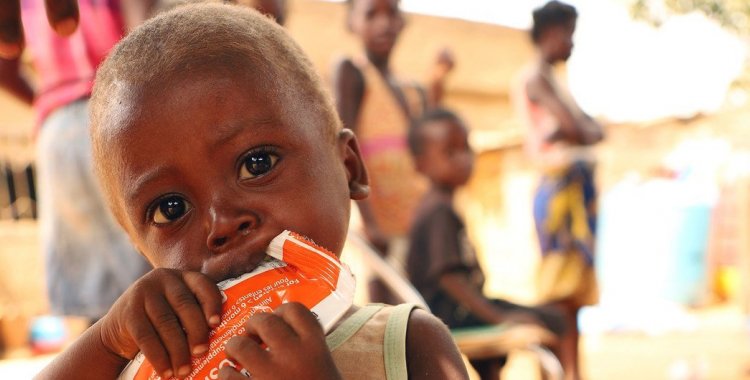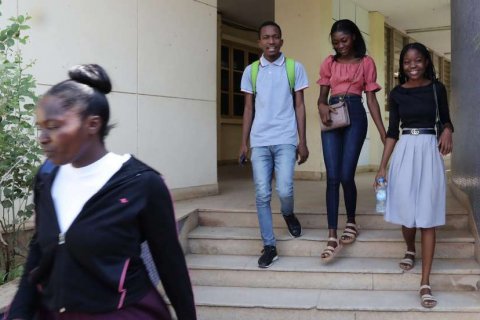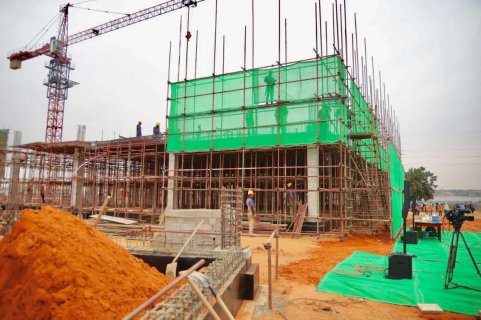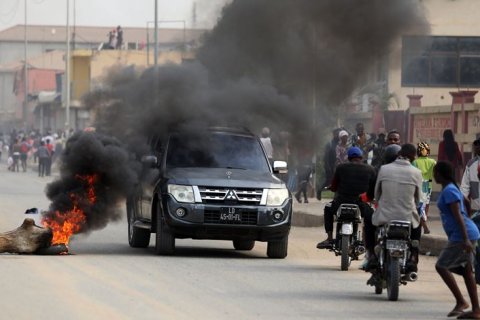Wacussanga, who was a speaker at the international conference on the environment, with the theme “The Planet in Flames: Rights in Extinction”, promoted by Mosaiko - Institute for Citizenship and the Faith and Cooperation Foundation (FEC), recalled that this government instrument was approved in 2009 and expired in 2013.
“For two years we have been pressuring the Government to update this strategy, because only it would serve as a guide for more concrete programs”, the Catholic priest from the province of Huíla told journalists.
The prelate emphasizes that any country must have a food and nutritional security strategy, considering this to be State security.
“Because the security of the State is not based on the armed forces, the number of tanks or planes, it is on the type of food that the person consumes and this is programmed”, he stressed.
Looking at the Angolan population, Pio Wakussanga highlighted that most of the food is produced by the people, considering that assistance “should be for these people, looking at the types of food they have, leveraging what they have, arranging financial incentives and subsidizing costs.”
“For example, Humpata [municipio in the province of Huíla] has six microclimates, the government officials prefer to import trucks of garlic, carrots, apples, pears from South Africa and abandoned Humpata, this is an economic crime on the part of the Government”, he stated.
According to Pio Wakussanga, what we see is the rural exodus, “because family production systems are being neglected”.
The Government's strategy has expired and civil society organizations are pushing for the Government to approve a new one, because you cannot have “a serious program focused on people without a strategy”.
“Unfortunately, we have a Government that decides for the people (…), no! It is necessary to involve them, to know how they produce, to look at the type of production (…) it was necessary to carry out this survey, to adopt a fund to enhance these communities”, he stressed.
According to the priest, in 2021, Plataforma Sul, made up of six NGOs, took the conclusions of a conference on the issue of hunger and drought in southern Angola to parliamentary groups of political parties, as well as having meetings with some ministries.
“And our members have continued, putting some pressure to see if this strategy is renewed, to see if the Government opens its eyes and definitely supports the peasant, and we continue with this pressure, to see if it declares a state of emergency, to help now the populations are affected in some areas, Huíla, Namibe and Cunene, [where] not much rain has fallen and the crops have not matured and people are at the mercy of hunger at the moment”, he argued.







